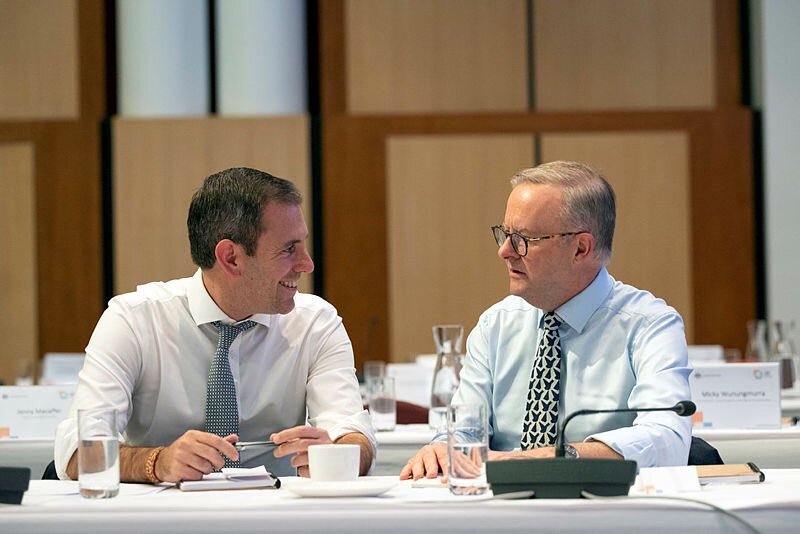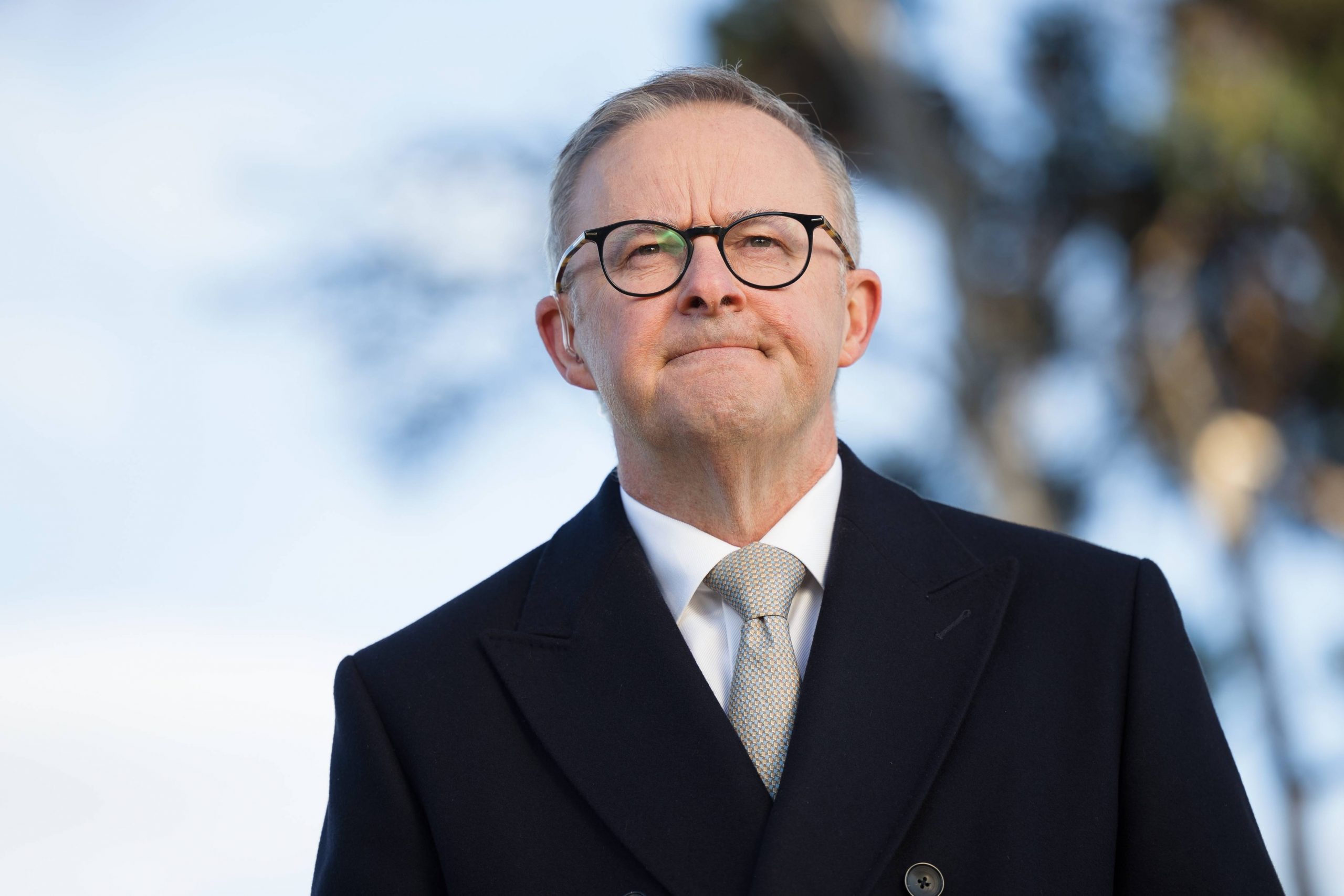The prime minister was speaking to MPs about the 25 October budget which he said will have an eye towards reducing cost of living issues but said there will be tough choices.
“We will soon be preparing our first budget and we need to address the cost of living issues Australians are facing while being mindful of the trillion dollars of debt we have inherited,” Albanese said.
“We must be straight with Australians about the challenges before us and the difficult decisions we must take.”
The opposition has promised to keep the pressure on the government over cost of living.
“I genuinely feel for families who, at the moment, are trying to work out how they’re going to pay their electricity bill,” said the opposition leader Peter Dutton.
“It’s clear to me that this government has no plan to try and help the Australian families who are under pressure at the moment, and that pressure is mounting.”
On Tuesday, the Reserve Bank of Australia lifted the official cash rate to 2.35 per cent, a seven year high.

“It is our job to do what we responsibly can to help Australians deal with these pressures in the near term, and to build a much more resilient economy into the future.”
Both Albanese and Chalmers also asserted that Labor will not be scrapping the stage three tax cuts that it has been called to abandon due to the changed economic circumstances.
“The most pressing thing that we can do in the economy is to responsibly deal with people’s costs of living pressures in a way that delivers an economic dividend,” Chalmers said.
“I know there is a lot of debate and discussion about those tax cuts. I listen respectfully, obviously, to all points of view that are put to us about the future of those tax cuts, but our focus is on some of the nearer term pressures.”
The government is under growing pressure to abandon the policy that will come into effect in 2024 and would cost the budget $243 billion over the next decade.






